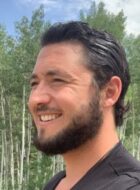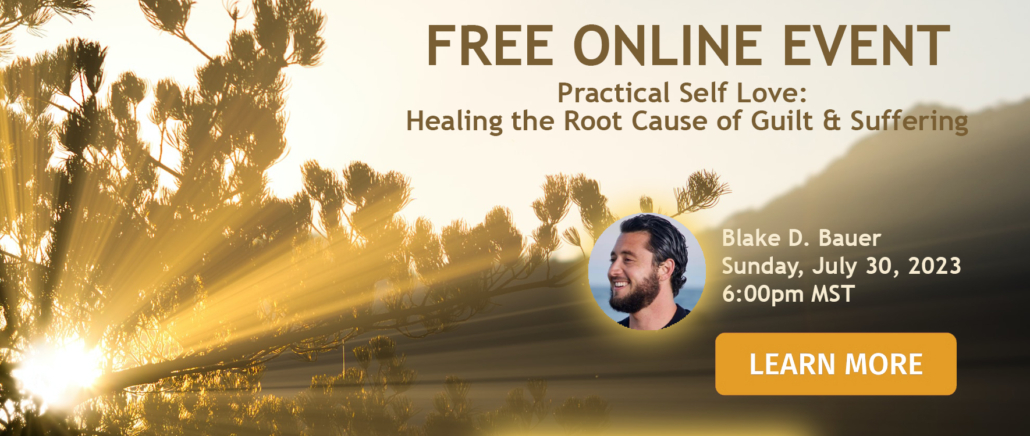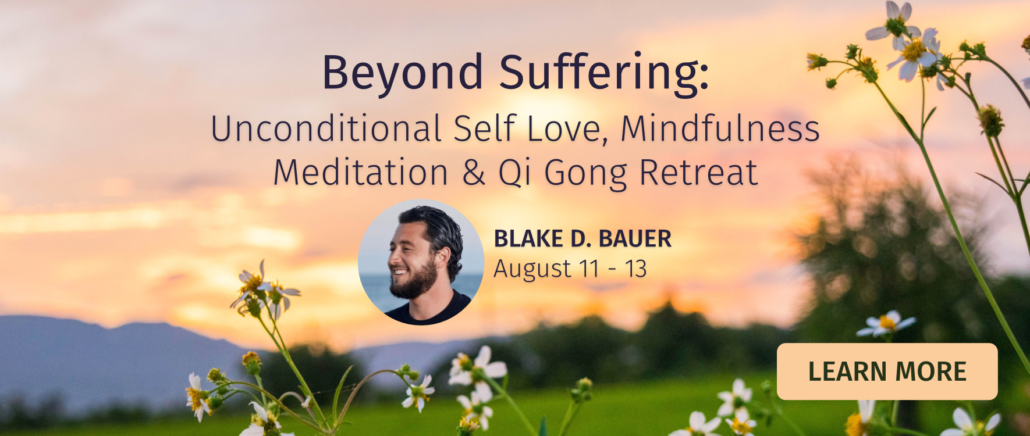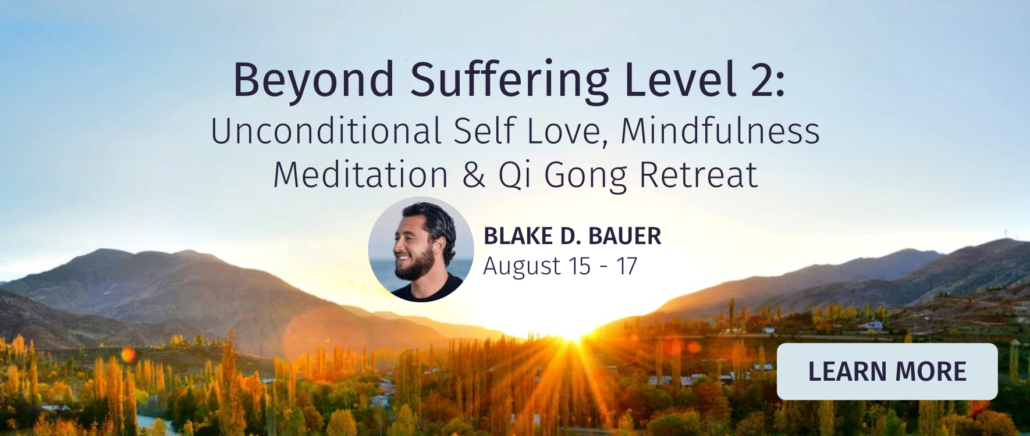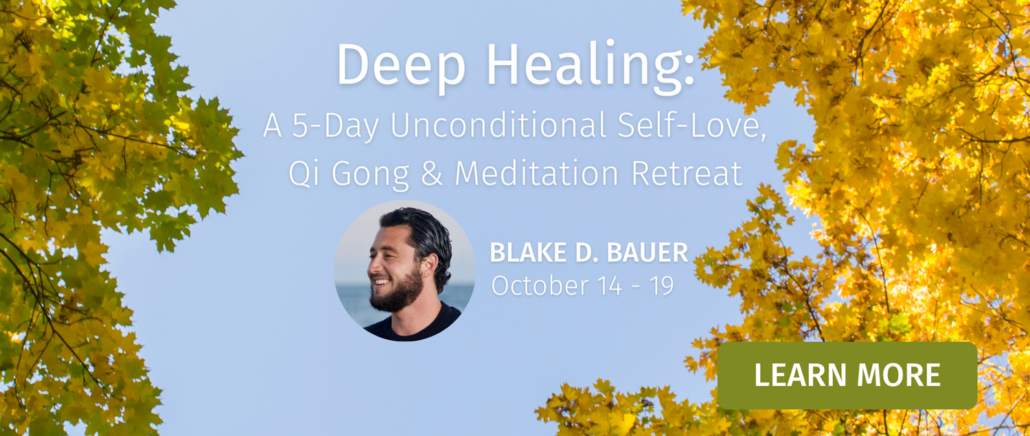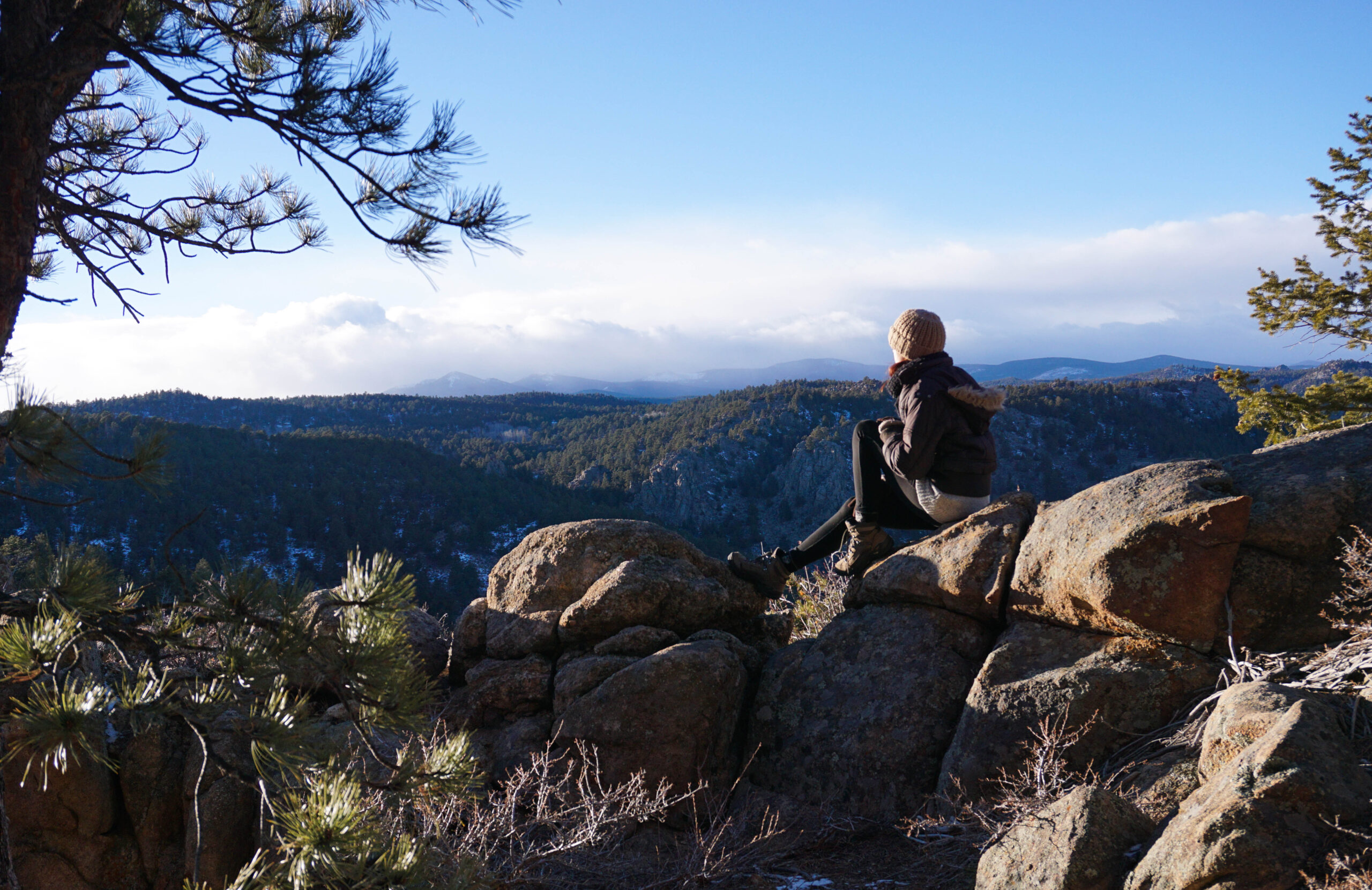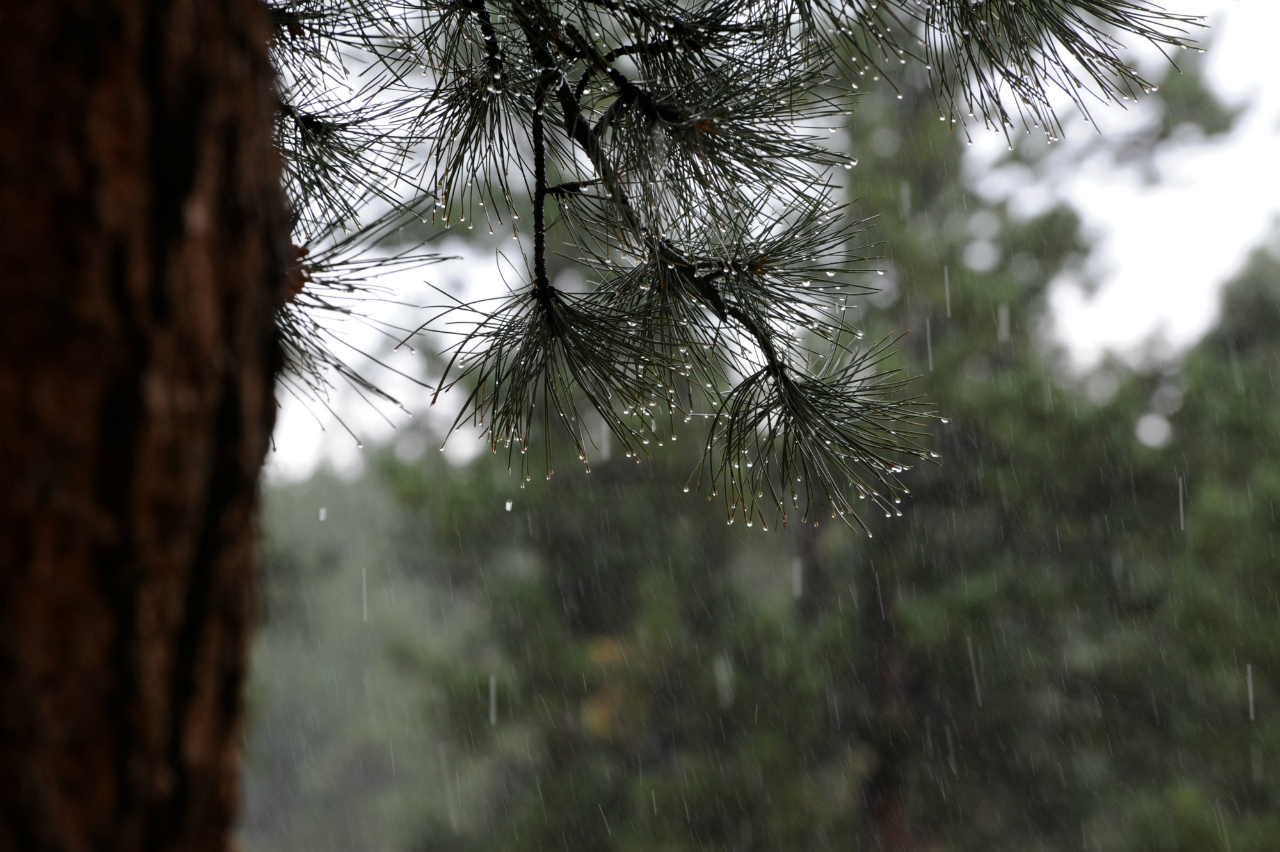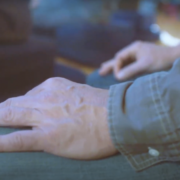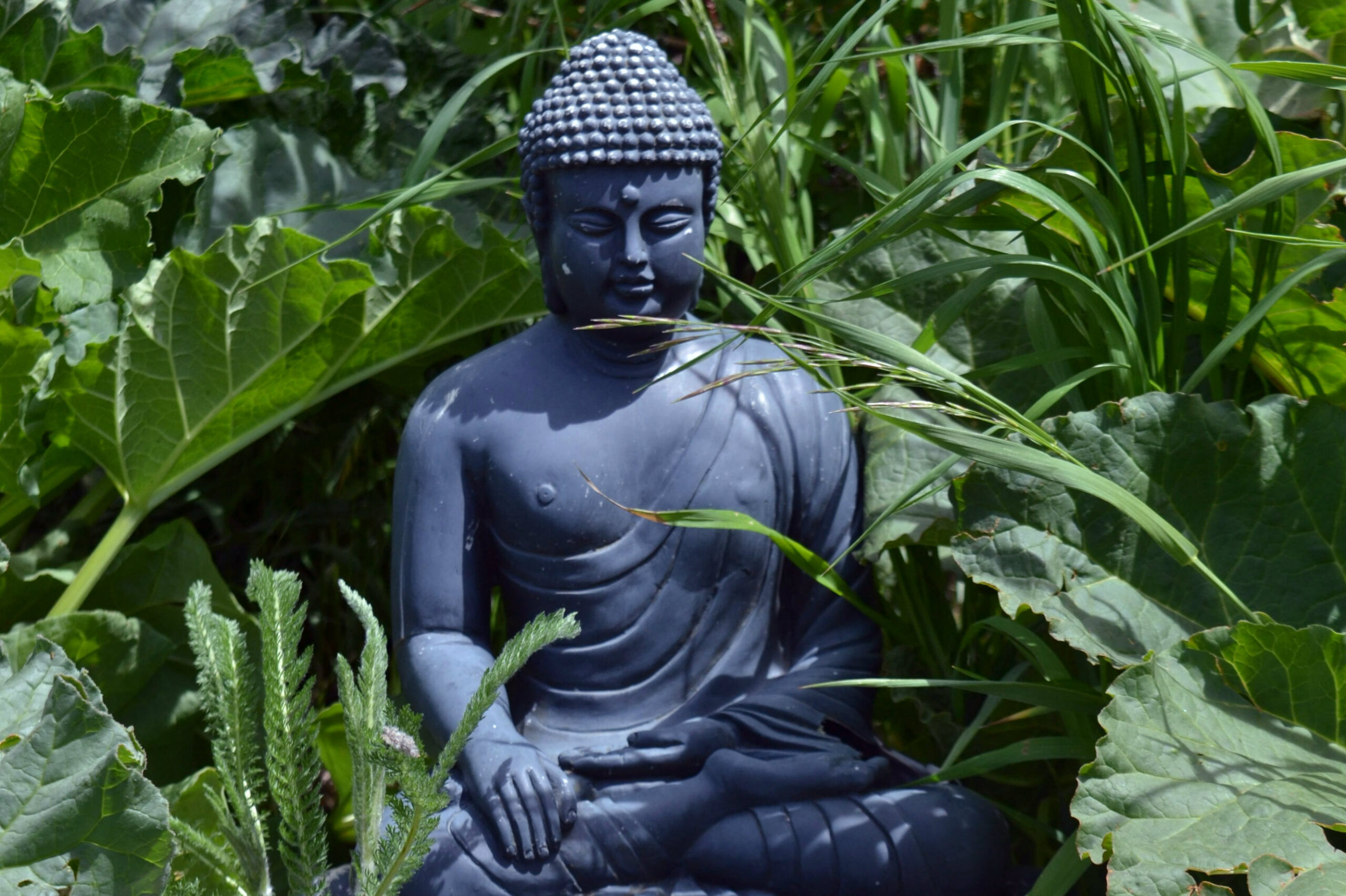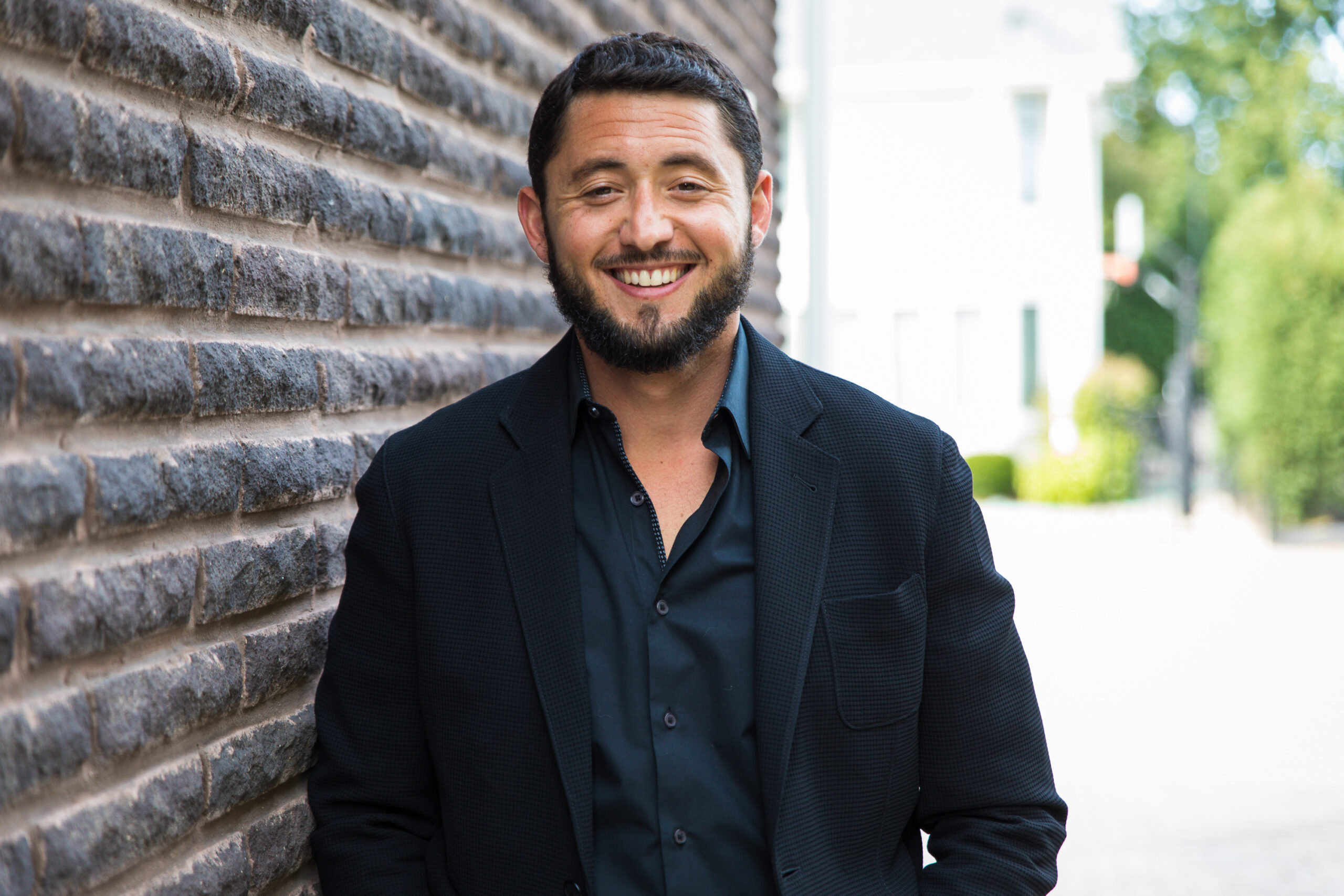How to Be Yourself
By Blake D. Bauer
Some of us think holding on makes us strong, but sometimes it is letting go. – Hermann Hesse
If you stop pretending to be something you are not, or to feel other than you do, then what? If you were to let your mask come off, and show the world all of who you really are, then who would we all get to meet? If you stopped trying to fit in or to please your parents, friends, partner or whomever else’s approval, praise or love you seek, then what would you say? Where would you go? And what would you do?
If you allowed the world to see your darkness and your light, your vulnerability and your power, do you fear you’d end up alone? But wait, are you not alone already when you feel misunderstood or unable to express what you really think and feel?
It is ironic that we as human beings inevitably have to ask ourselves, ‘How do I be myself?’ One might assume that it’s easy and natural to be ourselves, yet so many of us have become disconnected from our true self that the opposite now seems to be the case. It seems easier to be something for someone else, or to please others, or to fit in, rather than risk standing out or being judged.
It becomes both practical and logical then, to ask, ‘Who am I?’ Who are YOU? Are you your body? Your mind? The thoughts in your head? Are you your emotions? Are you the visual image you see in your mind or the list of beliefs that make up the fabric of your identity?
Are you your past, or the story you tell to describe how you got to where you are today? Are you your future? Or the person you envisage yourself becoming, or dream to be?
Who are you really?
In my experience, if you want to be happy, it is crucial for you to ask this question and answer it for yourself, rather than taking my word or anyone else’s. What I can share, in the hope that it might help you to find your own inner knowing, are the answers I found for myself when asking this question.
Here it’s also important to state again that words can never do the truth justice. They are our best attempt at communicating what we feel and experience, but this is ultimately, and always, far beyond words. Words are not the truth in and of itself. Rather they are arrows or signposts pointing towards a felt understanding of a given experience or aspect of being human. They form a map, which may very accurately describe the terrain, but it is still not the terrain itself.
In my own quest to understand who I am, using language as accurately as I am able, I have come to the conclusions below. At first these may seem ungrounded, but please be patient, because I intend to take you from universal ultimate truths about who we are into practical facts about how to be ourselves.
- I am; meaning that I exist, as an aggregate of my non-physical and physical self. This includes my physical body, my thinking mind, the emotions I experience within my heart and body, the breath/oxygen that fills my lungs, and the life-force energy that animates my physical being with vitality, personality and conscious awareness. However, ultimately, all of these are just attributes of one whole, which is who I am, beyond words, division, concepts or boxes. An example of this would be a tree, which has leaves, branches and possibly fruit, but which we typically just call a tree. However, once again, please keep in mind that the word tree, even though all of us know what I am referring to, still is not the same as seeing, touching, smelling or sitting beneath an actual tree. Nor do we have any clue how the tree experiences itself.
- I am one with the universe, including all energy (atoms), matter, forms of life and nature, inanimate objects and space.
- I am one with the creative intelligence and awareness that created and sustains the existence of the universe (sometimes called God, depending on your belief system).
- I am infinite, immortal and eternal, in that my being is composed of energy and consciousness that cannot be created or destroyed. In other words, I was never really born, nor will I ever die. I merely took form as a human being at a point in space-time, and I have no idea what form I will take next once my physical self stops functioning and returns to dust. What I do know is that I will return to the vast ocean of energy that makes up the universe in both its physical and non-physical forms. Some people like to use the words soul and spirit when describing this timeless aspect of ourselves. I like these words as well, but they are not necessary to describe who I am, or who you are. From this perspective, though, the universe is the soul of God, or everything and everyone within the universe is the universe’s soul unfolding into different forms. This means that our soul or spirit is one with the universe’s or God’s soul. I love this metaphor and perspective but, once again, it’s not necessary to believe this in order to be yourself and be happy.
- I am love, in that I feel the most alive, well and like myself when I am in a state of love, whereby I can give and receive love freely, without fear. I also feel most like myself when I am engaged in activities that I love deeply, which bring out my essence, which is love that is happy doing and being itself.
Practically speaking, being ourselves entails more than just conceptually understanding our true nature. It entails becoming sufficiently self-aware in the present to express ourselves in a way whereby we naturally and effectively communicate our emotions, needs and desires on a daily basis, instead of hiding, denying, rejecting and internalizing them. Most of us struggle with this step, primarily because we were never supported to become aware of our emotional life as children.
We grew up with emotions bottled up, without anyone to help us understand or process what we were feeling because our parents and caregivers were struggling with the same lack of emotional self-awareness. The result of this dynamic is adults who are not consciously aware of what they are feeling today, which translates into not knowing how to express these emotions, let alone communicate them effectively and non-violently.
In other words, before we can express our emotions clearly, we have to be aware of what we’re feeling here in the present, which most of us are not. Rather, we are trapped in our mind thinking, analyzing, judging or criticizing, which means that the defensive aspects of our personality that developed to protect us as children are still very active. Regardless of our age, most of us still subconsciously want to remain safe both from being hurt in the present and from feeling the stored hurt from the past.
This makes it easy to see how and why so many of us struggle to be ourselves and thus be happy, because to be ourselves we have to be true to ourselves, which means we have to speak and act based on what we genuinely feel to be honest and real in each situation. But, if we do not know what we’re feeling, we cannot express it and thus cannot be ourselves fully. However, once we do become aware of our feelings, needs and desires in the here and now, we can honor who we truly are and learn to express our inner truths with clarity and kindness.
Excepted from international bestselling book You Were Not Born To Suffer
Join Blake at DMC!
About the Author
